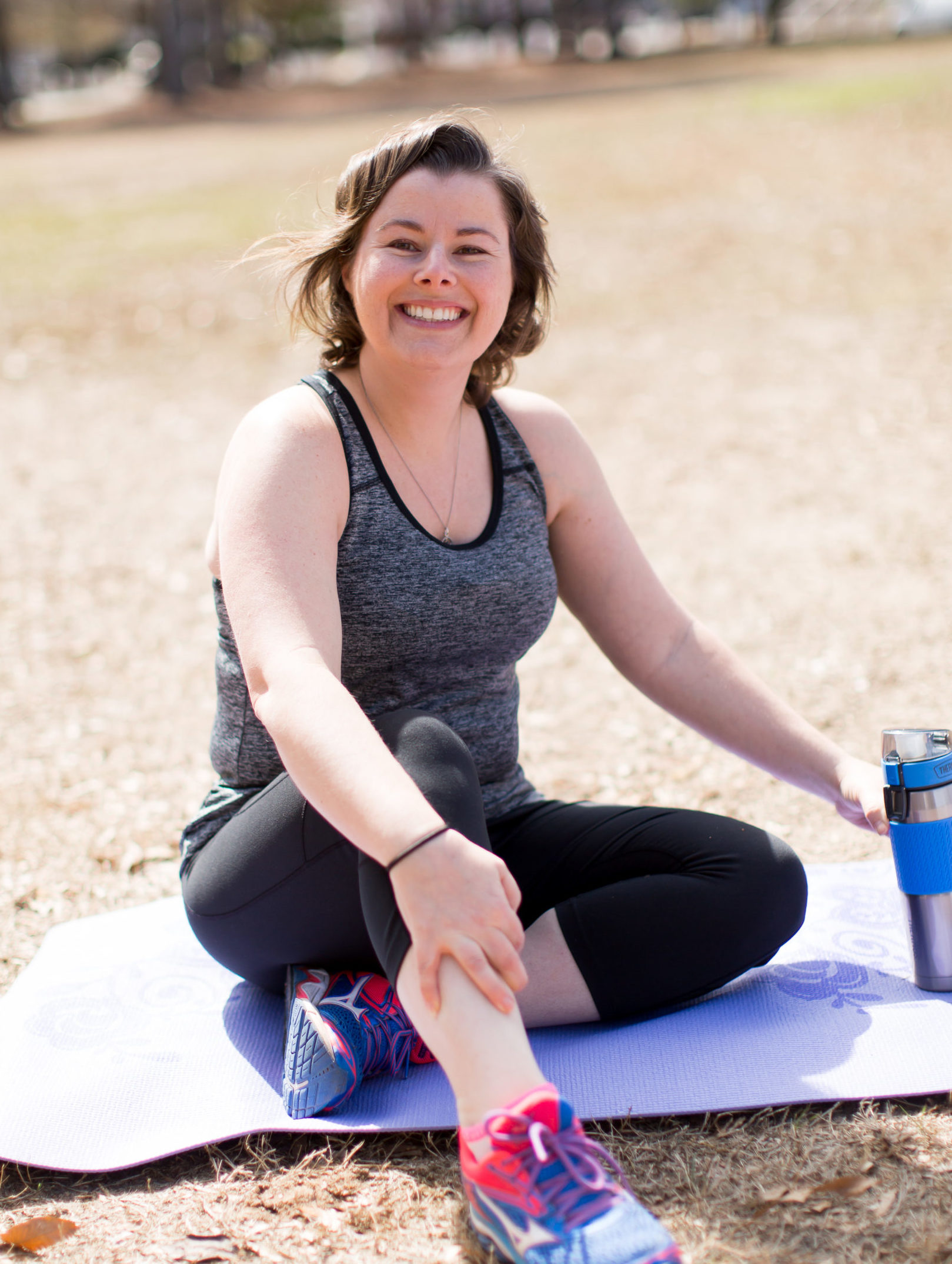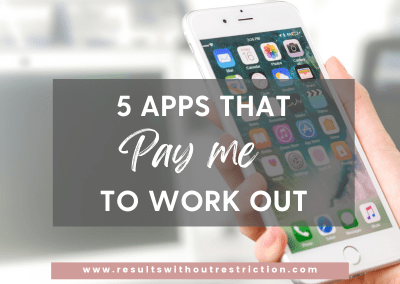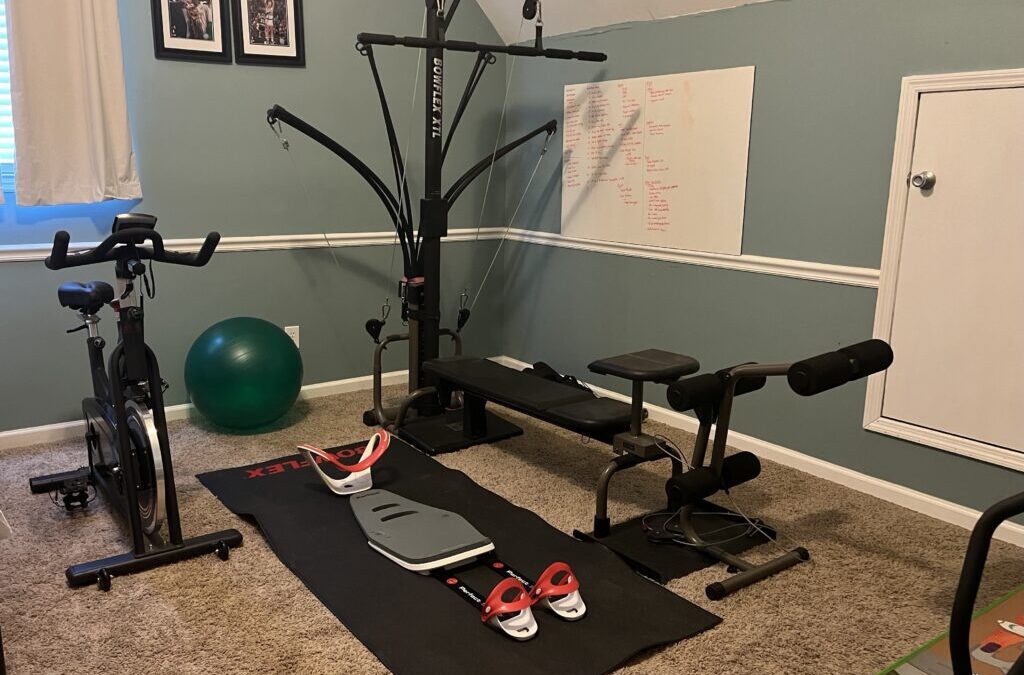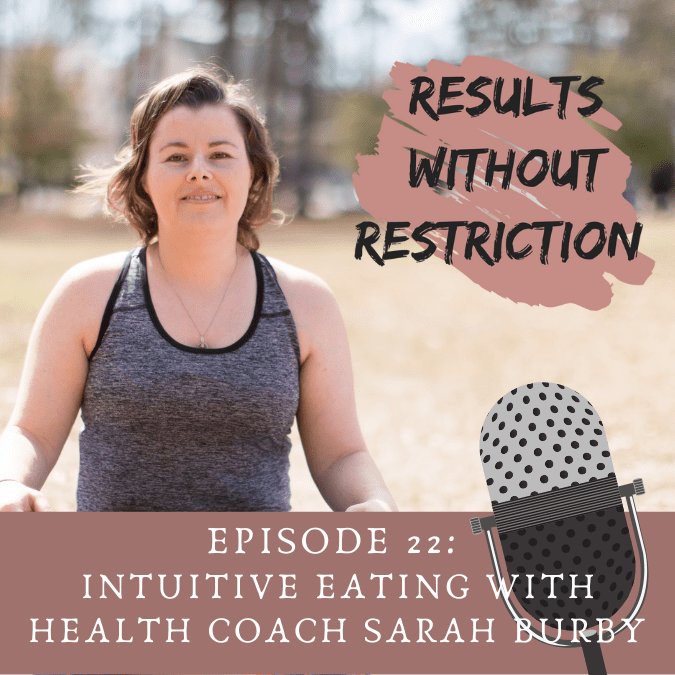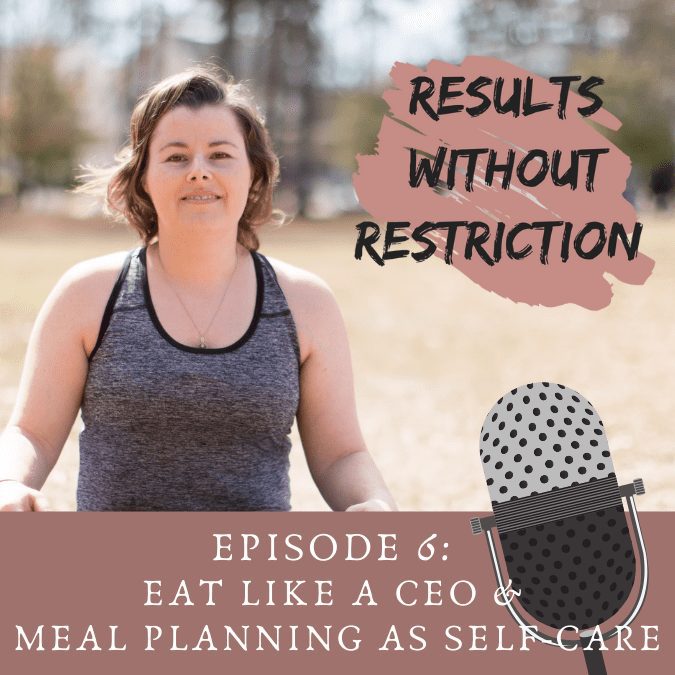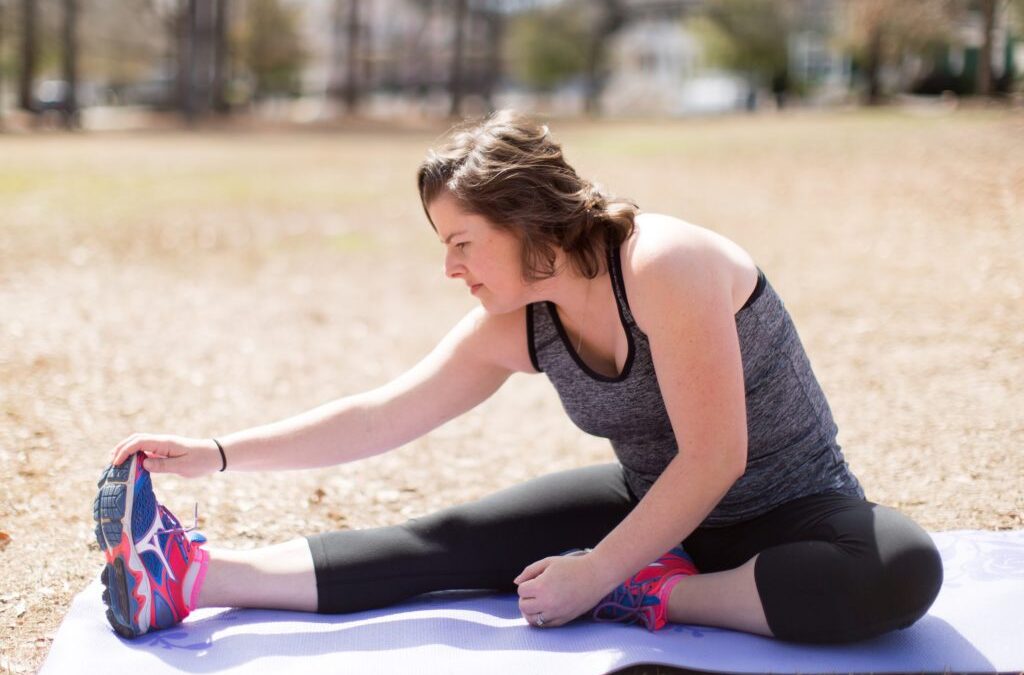Table of Contents
Friends, we live in a culture where body criticism and negative body talk is not just normalized, it’s practically expected.
Whether it’s the self-deprecating comments we make in the mirror, casual “fat talk” between friends, or constant comparisons on social media, negative body talk can sneak into our lives in countless ways. And it chips away at our self-worth, one quiet insult at a time.
But you don’t have to live like that. You deserve to feel at peace in your own skin.
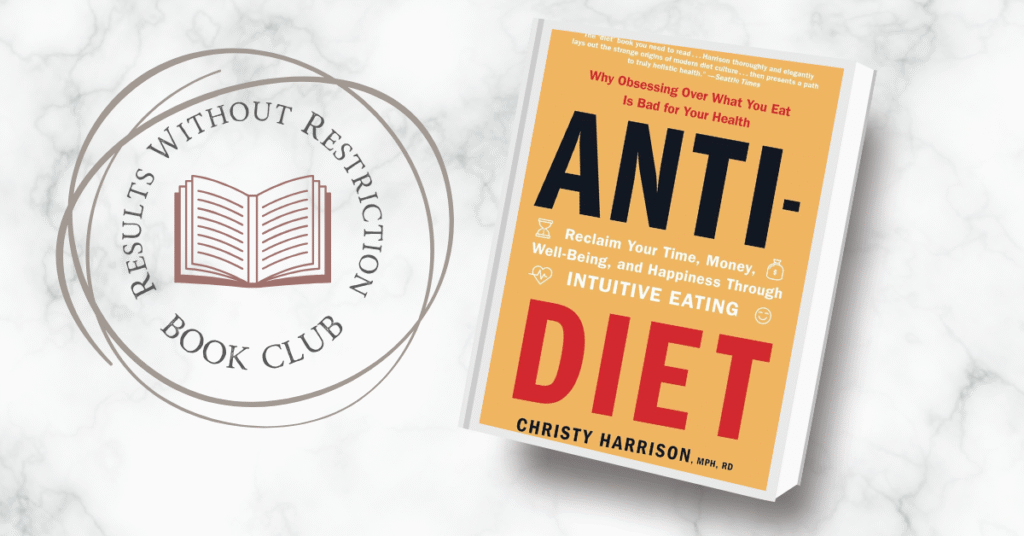
Let’s explore seven ways to challenge negative body talk, both in yourself and in the world around you, and start rebuilding the kind of self-respect that supports your physical and mental well-being.
1. Interrupt the Inner Critic with Curiosity, Not Judgment
That critical voice in your head? It’s often rooted in old beliefs or messages you’ve internalized from diet culture, media, or even family.
When you catch yourself thinking, “Ugh, I look disgusting today,” pause. Don’t just try to silence it. Get curious.
Ask yourself:
- Whose voice is this, really?
- What emotion is underneath this thought?
- What would I say to a friend who said this about themselves?
By responding with curiosity, you begin to separate your identity from the thought.
That space is where healing begins.
2. Set Boundaries Around Negative Body Talk
You can’t always control what others say, but you can control how you respond and what conversations you stay in.
If you have friends, coworkers, or family members who constantly engage in negative body talk (especially their own), it’s okay to say:
- “Can we not talk about weight today? I’m trying to focus on more supportive conversations.”
- “I’m working on being kinder to myself, and I’d love to talk about something else.”
You don’t need to justify it. Protecting your peace is reason enough.
3. Use Neutral or Respectful Body Language
If “I love my body” feels too far out of reach right now, that’s okay. You don’t have to jump from self-hate and negative body talk to self-love overnight.
Start by practicing body neutrality or body respect.
Try saying:
- “This is the body that got me through today.”
- “I don’t have to love how I look to treat myself kindly.”
- “My body deserves nourishment and rest.”
The goal is to move away from judging your body based on appearance—and start relating to it as a whole, worthy part of you.
4. Unfollow and Curate Your Feed Relentlessly
You are allowed to unfollow people—even if they’re fitness influencers, family members, or wellness brands—if their content makes you feel “less than.”
Instead, follow creators who:
- Share diverse, unfiltered body representation
- Speak about body respect, intuitive movement, and mental health
- Make you feel seen and supported, not shamed
If you’re constantly consuming content that reinforces the idea that only one type of body is “good,” your brain will believe it. Choose to feed it better messages.
5. Celebrate What Your Body Can Do, Not How It Looks
Instead of thinking, “My stomach looks big in these pants,” shift to:
“I’m grateful for a body that lets me chase my kids around.”
“My arms hugged someone I love today.”
“My legs carried me through a hard moment.”
Your body is not an ornament, it’s an instrument.
Rebuilding self-respect often starts with acknowledging the lived experience your body gives you every day.
6. Catch Comparison Before It Spirals
Whether it’s scrolling Instagram or standing in line at the grocery store, comparison can hijack your mood fast.
Here’s a simple 3-step reset when you feel yourself comparing:
- Name it: “I’m comparing my body to hers.”
- Ground it: “She has a different life, body, and experience than me.”
- Redirect it: “What does my body need right now?”
The sooner you catch the comparison, the easier it is to redirect your energy toward self-respect instead of shame.
7. Speak Out, Even When It’s Awkward
If someone makes a comment like “You look so good, have you lost weight?” or says something fatphobic about themselves or others—it’s okay to say something.
Even a simple, “Hey, I’m working on not focusing so much on bodies and weight,” can open up a new perspective.
You don’t need to educate everyone. But every time you challenge a harmful comment—even in your own head—you’re planting a seed for a different kind of culture. One where worth isn’t tied to weight.
Wanting to Change Your Body Doesn’t Mean Something’s Wrong With You
If you’ve ever looked in the mirror and wished something were different: your size, shape, weight, or appearance… you are not alone. In the United States 69-84% of women experience body dissatisfaction, desiring to be a lower weight than they currently are.
We live in a culture that has spent decades profiting off our insecurities.
From magazine headlines to fitness influencers to the “before and after” transformation stories we’re bombarded with daily, diet culture has programmed us to believe our worth is tied to how closely we match a narrow, often impossible standard of beauty.
It’s no wonder so many of us carry the belief that our bodies are a problem to be solved.
The Truth? There Is Nothing Wrong With You.
There is nothing wrong with having thoughts about changing your body. In fact, given the overwhelming amount of messaging we’ve received since childhood, those thoughts are normal and expected.
You’re not broken for wanting to feel better in your body.
But here’s the part most people don’t tell you:
Those Desires Didn’t Start With You, They Were Taught.
Diet culture teaches us to be dissatisfied on purpose. Because dissatisfaction sells.
It’s a system that says:
- “Smaller is better.”
- “You’re not disciplined enough.”
- “You’d be happier if you lost weight.”
These messages create a cycle of striving, shame, and self-surveillance, not self-care.
You Get to Choose What You Do With Your Body and That Choice Deserves Full Information
At Results Without Restriction, we believe deeply in body autonomy. You have the right to make decisions about your body, full stop.
But we also believe that informed choices require truth — not pressure, shame, or false promises.
So if you’re considering intentional weight loss, muscle gain, or any body composition goals, we encourage you to understand:
- The short- and long-term physical and emotional risks of dieting and body manipulation.
- The mental load that comes with trying to “fix” your body every day.
- The way this pursuit can steal time, energy, joy, and connection from your life.
Body respect isn’t about giving up on feeling your best. It’s about shifting the focus from control and criticism to care and compassion — today, not someday.
Frequently Asked Questions
Q: What if I still don’t like how my body looks?
That’s okay. You don’t have to love your appearance to show your body respect. Start by caring for it through nourishment, rest, and movement. Positive feelings often grow from positive actions.
Q: Can I still want to change my body and practice body respect?
Even if you’re struggling with body discomfort or have thoughts about changing your body, practicing body respect invites you to meet your body’s needs right now:
- Nourish it with enough food.
- Move it in ways that feel good.
- Rest when it asks for rest.
- Speak to it with compassion, not criticism.
It’s normal to have moments where you wish your body looked or felt different. But body respect says:
“Even if I don’t love how I feel today, I still deserve to be treated with care and dignity.”
Wanting to feel stronger, more energized, or more at peace in your body is valid, but those goals don’t require dieting, shrinking, or punishing yourself.
Instead of changing your body to earn respect, body respect starts now… and your choices can come from that place.
Q: How do I deal with friends who constantly talk about diets or weight loss?
Set boundaries. Change the subject. Or, if you’re close, have an honest conversation about how those topics affect your mental health. You’re not responsible for fixing others, but you are responsible for protecting yourself.
People Also Search For:
- How to stop negative body image thoughts
- Body neutrality vs body positivity
- Setting boundaries around diet talk
- What is body respect?
- Tips to boost body confidence
Final Thoughts
Challenging negative body talk takes time, but every moment you choose curiosity over criticism, boundaries over burnout, and respect over resentment, you’re redefining your relationship with your body.
It’s not about being perfect. It’s about showing up differently. Bit by bit. Word by word.
And you don’t have to do it alone, there’s a whole movement of people doing the same.





